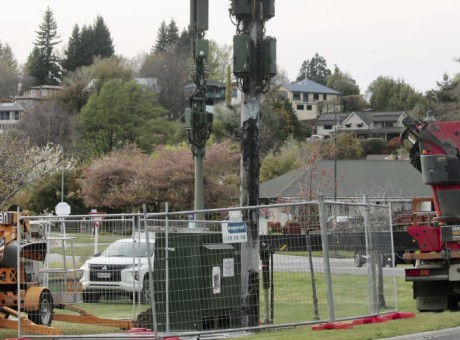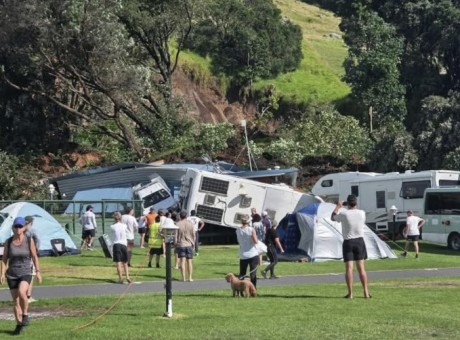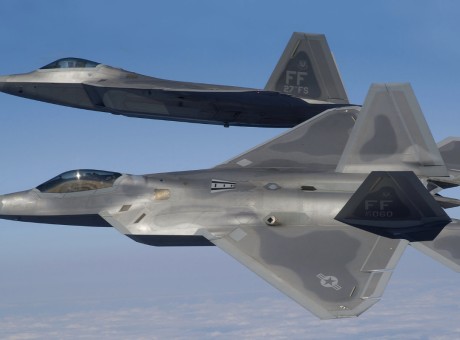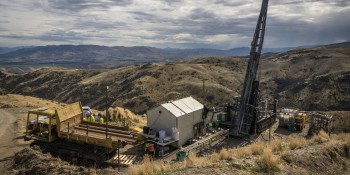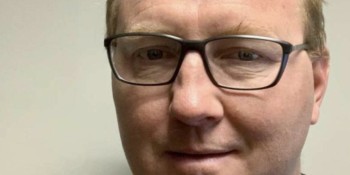Actors and writers strike a last ditch effort to rein in AI revolution on screen
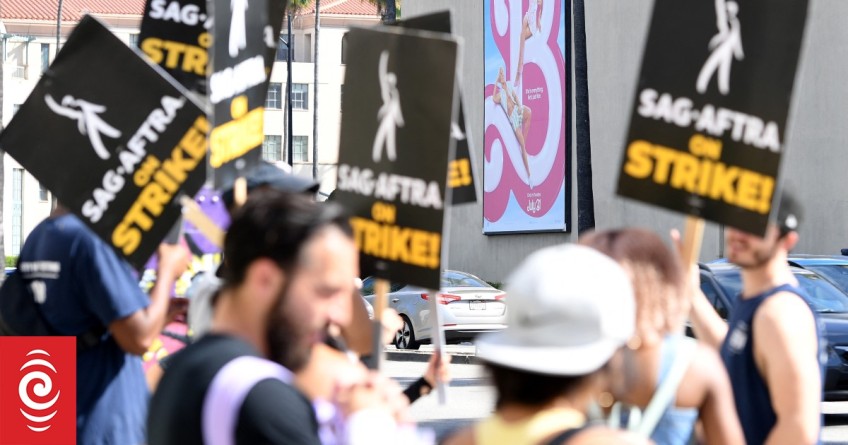
The rise of artificial intelligence in the film industry has some fearing a future where films are created without cameras and actors.
Industry insiders said the demands of the striking actors and writers in Hollywood could be the last chance to rein in the rapidly evolving technology before creative careers became a thing of the past.
The Screen Actors Guild and the Writers Guild of America were fighting for pay increases and residual payments from streaming platforms.
They were also lobbying to retain rights over the use of their own images and content as AI-augmented production tools advanced.
Film reviewer and location scout Graeme Tuckett said the industry is on the cusp of its own industrial revolution where computers would create the equivalent of a robotic production line for screen content.
"It's only a matter of time before, with very few human generated prompts, you'll get something that is a watchable film populated by believable characters and yet the people won't exist and there will be no film crew or actors as we know it."
Tuckett said there was a risk that original performances and content could end up relegated to a luxury niche amongst a tide of mass-produced AI-driven entertainment.
"It'll do to the industry exactly what happened to the auto industry where 90 percent of the market will be made in the cheapest way it possibly can be.
"What we think of 'Hollywood' will actually be data farms."
Actors Agents Association of New Zealand chairman Graham Dunster said the current technology was a more immediate threat to screenwriters than actors.
"A producer can have an idea and create a script through AI, which might be gobbledy-gook, but they can then hire a writer to make it into something more worthwhile.
"That writer is seen as coming in on a property which already exists so the writer is just a gun for hire, they don't have any ownership of that."
He said he hoped the strikes would result in better protection for creative roles as the technology's potential became a reality.
"I hope that the producers, the accountants understand a bit better that they do have a responsibility other than just to their shareholders or their pockets. To make sure that what they're doing remains a human industry, not just a technical one."
In New Zealand the strike had seen the shelving of the Jason Momoa-helmed production of Minecraft resulting in hundreds of job losses for local workers.
Denise Roche of Equity NZ said, despite the lost opportunities, New Zealand creatives were right behind the strikes.
She said the action would set an important precedent for local negotiations as the Screen Industry Workers Act became established as a collective bargaining framework at home.
"Actors work across boundaries anyway so this is a thing which will have an ongoing impact for them.
"New Zealand actors are very clear that they want to see SAG-AFTRA succeed because it does mean that there is a potential for us to aim for as well."
Roche said NZ On Air and the New Zealand Film Commission needed to seize the moment to ensure the industry was nourished by local content and productions.
Senior Digital Media and Communication lecturer at Auckland University of Technology Justin Matthews was in the early stages of researching actors' and producers' hopes and visions for the use of AI.
He said he understood the dystopian fears but he could also see the technology freeing storytellers from the huge costs currently associated with screen production.
"It could be that this actually creates a revolution where the Disneys and the Netflixs are actually pushed aside as we have a rise of household people just making great stories. The TikTok of entertainment so to speak."
Matthews said he hopes there would be enough safeguards in place to ensure the tech is applied fairly but the road to that point could well be a rocky one.
He said the digitisation of music offered a parallel where a creative industry had seen its processes fundamentally uprooted by developments in technology.
"It's a zig-zag. I don't think the question of music streaming and royalties is over yet, it's still a hot topic, but eventually I think it's going to get to a point where there is a balance of some form going on."
Main image (Valerie Macon/AFP): One of the big concerns of the Hollywood actor and writers' strike is the use of artificial intelligence.







